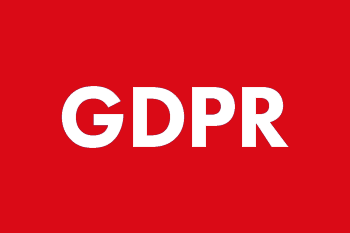Every year sees organisations put more effort and budget into brand publishing. But to stand out, to create truly media-grade content, organisations must act like the best journalists.
Sometimes that means hiring journalists or ex-journalists, sometimes it means adopting the best editorial processes and standards. One such approach is to tap PRs for access to people, materials, events and so on. It’s what nearly all journalists do when necessary.
But what if PRs won’t play ball? 
That was the question at the heart of some recent research carried out by Collective Content and our partner DWPub in December and January. Today we launch our report, PR’s love-hate relationship with ‘brand journalists’ – and why it matters, available for free to download below.
We gleaned some unique and useful insights, for both the PR community and brand publishers:
- About half of respondents don’t ever think brand journalists will be treated on a par with traditional journalists. The good news for brands and their content creators is that means about a half think they will or are (17 per cent replied ‘They are now’).
- The biggest negative for those PRs who are hawkish about brand journalists and their publications is conflict of interest. To paraphrase, they don’t want to be helping other companies with their marketing. (Though one line about this from a PR made us smile: “Proving value of participating in other firms’ activity to clients is hard… even to those who are currently engaged in their own branded content campaigns!”)
- Almost a third of respondents told us they had never dealt with non-traditional journalists (30 per cent ‘No’ and 3 per cent ‘Don’t know’). We find that hard to believe. Some brand publications are so well established some told us they don’t consider them any different to other media.
- PRs are relatively comfortable with the terms ‘content marketing’ and ‘brand publication’. However, ‘brand journalist’ remains problematic (for us too!) while ‘native advertising’ comes in worse of all. Only 41 per cent of respondents said they understand what that means.
Why is all this important for brands?
Organisations of all types and sizes are spending increasing sums on becoming publishers in their own right, creating their own brand publications and engaging with content over social media platforms, from simple tweets to long-form white papers, e-books, videos and more. Competition for attention is fierce and the bar as to what constitutes great content is rising. Failing to access sources will hurt the industry’s goal of high-quality content.
Why is this important for PRs, whether in-house or agencies?
Because they will increasingly have to deal with the nuances of working with writers who are employed by non-media organisations. Are there conflicts of interest with their clients? Is the traditional relationship relevant?
Also consider that in some countries the ranks of the professional media are shrinking. In fact many of the same content professionals are making a switch to commercial work. Are PRs going to stop taking calls and emails from the same contacts they’ve built up over many years?
We look forward to running this research again in a year. Cards on the table, we expect more in PR to embrace brand journalists (preferably we’ll all come up with a better name by then), to the benefit of both groups.
We’d love to hear your feedback on this subject, whether by emailing us, using our contact form or writing on our Facebook page.
Download the full PDF report (after you request it, a link will appear at the foot of this page). Look out for more analysis of our findings over the coming weeks.
–
Follow us on Twitter – @ColContent








